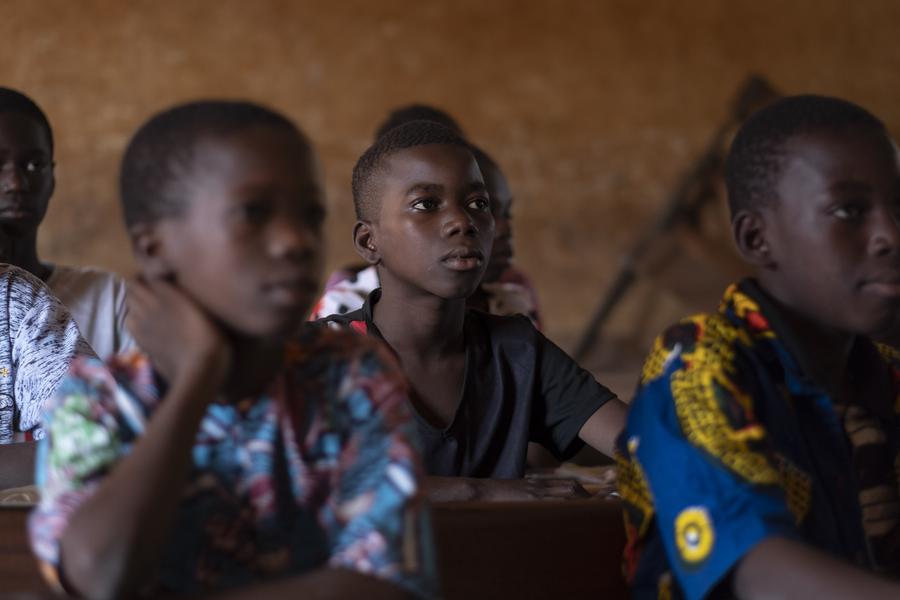Context and Problem
Sudan’s education system has been severely disrupted by political instability, ongoing conflict, and humanitarian crises. Over 3 million children were out of school as of 2018, with many unable to access formal education due to damaged infrastructure, displacement, and insecurity. The country’s struggles are compounded by deep-rooted conflict, resource scarcity, and economic hardship, making it one of the most challenging environments for education access
Solution
In response to this crisis, UNICEF, in collaboration with War Child Holland, launched the "Can't Wait to Learn" (CWTL) initiative. This program leverages digital technology to provide quality education to children in conflict zones. Utilizing tablet-based learning, CWTL offers gamified content aligned with the Sudanese curriculum, focusing on numeracy and literacy skills. The games are co-created with children, ensuring cultural and contextual relevance, and are designed to be engaging and interactive. The initiative also employs solar-powered tablets, making it suitable for remote areas with limited electricity access.
The program targets out-of-school children aged 7 to 9, including those in remote or conflict-affected regions. Local facilitators, trained in child-friendly teaching methods and technical aspects of the program, support the children's learning process. By 2022, CWTL had reached approximately 150,000 children across Sudan, providing them with access to education that would otherwise be unavailable.
Impact and Outcomes
Evaluations of the CWTL program have demonstrated significant improvements in learning outcomes. Research indicates that children participating in the program improved their reading skills almost 2.7 times more than those in the Government Alternative Learning Programme (ALP) and nearly twice as much in mathematics. Additionally, the program has positively influenced children's psychological well-being, offering a sense of normalcy and hope amidst challenging circumstances.













